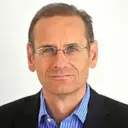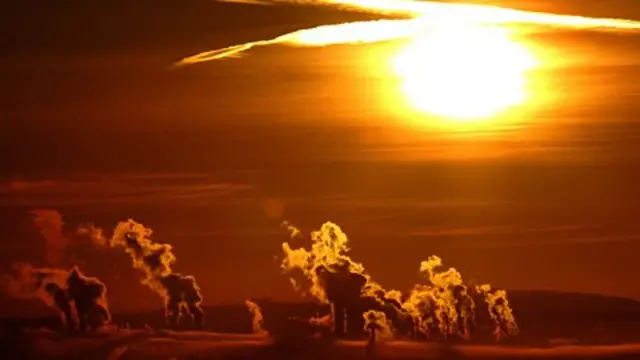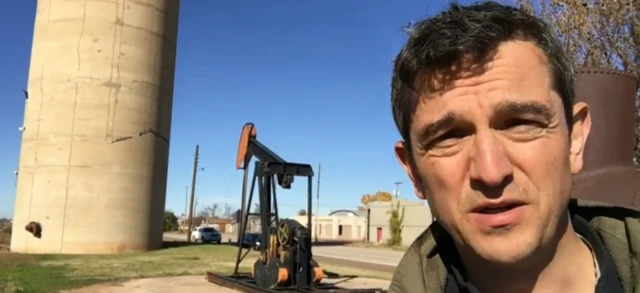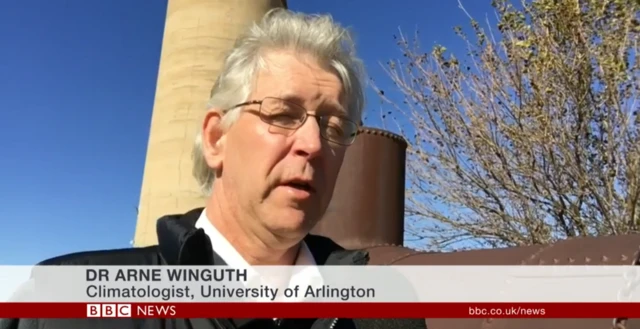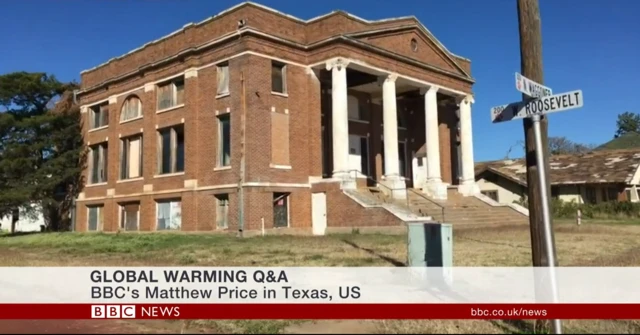Alec Baldwin on the role of indigenous communitiespublished at 11:33
Yesterday afternoon, Hollywood actor Alec Baldwin spoke to BBC radio outlets from the conference in Paris.
He was here as a guest of the UN Development Programme, for whom he presented theEquator Prizes, external, which recognise "community efforts to reduce poverty, protect nature and strengthen resilience in the face of climate change".
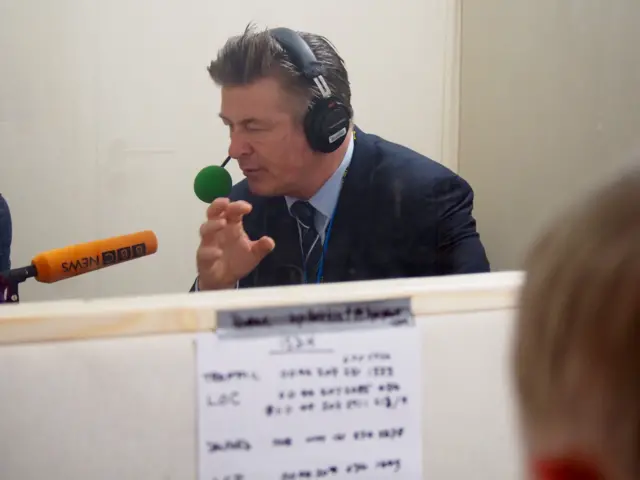
BBC Newshour's James Menendez asked Mr Baldwin about the prize winners - but he began his answer with a surprising admission
Meanwhile, indigenous communities were protesting here at COP21 this morning. They want their human rights recognised in Article 2 of the Paris text, which sets out the long-term goal of the agreement.
Allow X content?
This article contains content provided by X. We ask for your permission before anything is loaded, as they may be using cookies and other technologies. You may want to read X’s cookie policy, external and privacy policy, external before accepting. To view this content choose ‘accept and continue’.
